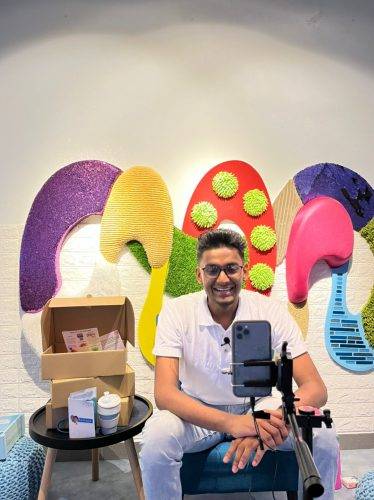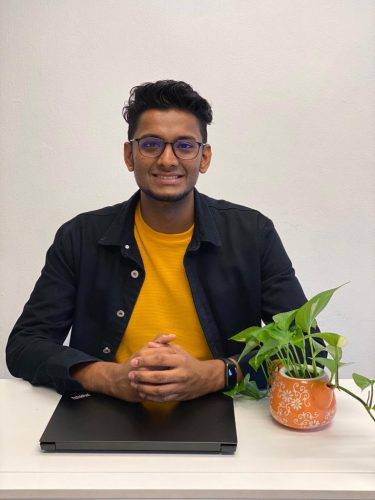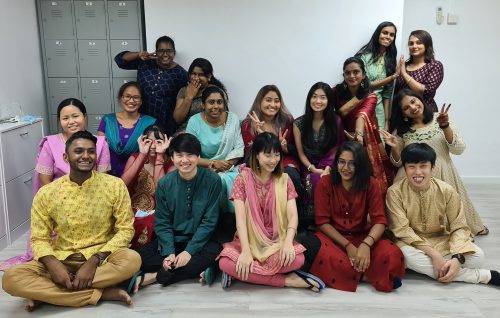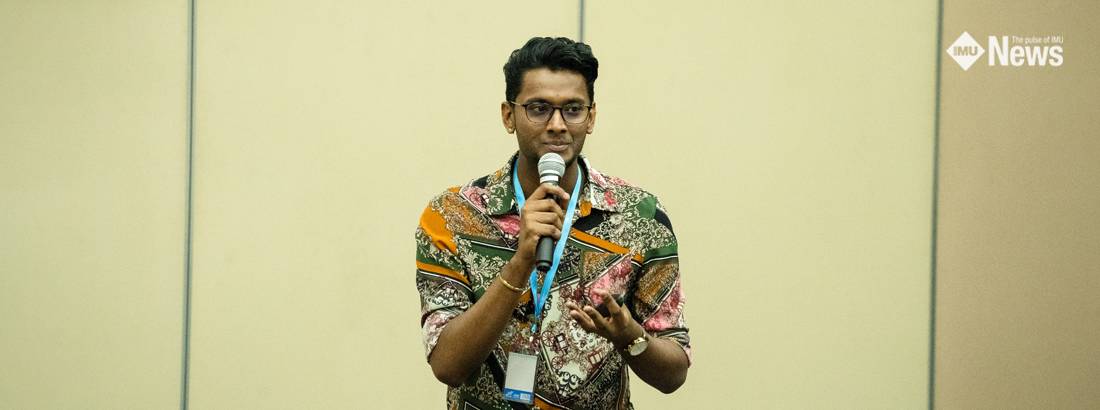The statement not all heroes wear capes have never rung so true when Shamir Das comes to mind. So much of what he has done during the last four years has been to the benefit of one of the most marginalized communities – the refugee community.
Shamir was part of an organization, Health Equity Initiatives (HEI) which received concerns or predicaments that the refugee community faced and directed the matters to proper channels. As straightforward as it sounds, in reality it was more than a challenge to ensure the needs and concerns directed to HEI were adequately dealt with.
While its easy to sympathise with our fellow countrymen facing hardships, the same cannot be said for the refugee community. It is of importance that we first understand that a refugee is a person who was forced to leave their country for fear of war, persecution, or natural disaster. Pay close attention to the definition and let the words ‘forced to leave’ register in our conscious mind to help see the refugee through a different lens.

Refugees living in Malaysia are struggling to make ends meet as they aren’t ideal employees due to their undocumented status yet still need to make ends meet. They live in a classic Catch-22 situation on top of the constant fear / panic as they are largely considered to be undocumented according to the laws of Malaysia as shared by Shamir. Imagine living day to day not knowing if you will be spending the night at home in the arms of your family or in a jail cell. In addition to the trauma of fleeing your home county and the harrowing emotions that follow, refugees live with uncertainty every other day of their lives. Naturally this will have an impact on their mental health among issues and this is where Shamir’s work comes into heavy play.
Shamir and his team at HEI constantly strive to do their best to provide psycho-social support to the refugee community which ensured that received assistance from appropriate channels. This included being the focal point with external stakeholders such as law enforcement personnel, landlords and governmental healthcare facilities As Shamir shared, the unfulfillment of basic needs will lead to the worsening of mental health; and no amount of medication can cure that!
Adding this on to the trauma and stress of being a refugee in Malaysia, and we have an almost guaranteed recipe for physical and mental health issues. Therefore, one of the first steps to viewing mental health issues among the refugee population would be to evaluate their basic needs, which may be something so attainable and easy for us. How much good can come about counseling someone on anxiety or depression when they do not even have a safe place to rest at night or worries about meals for the day constantly, he asks.
While there are various organisations in Malaysia laboring under the banner of human rights, coming by an organisation that focuses on mental health for refugees is difficult to come by. Currently in Klang Valley, HEI is the only organisation to provide integrated mental health services for the refugee community. Through this, Shamir has a broad exposure to members of the refugee communities who had been diagnosed with a variety of mental health issues.

Admittedly the path Shamir took after graduating was not exactly conventional of an IMU Psychology student, however the experience he gained and learning he cultivated from working with the refugee community is not one he would trade for anything. His experience laboring for the basic needs and safety of the refugee has not only sharpened his negotiations skills, knowledge on different laws and regulations of the country but it has also made him appreciate the things that so many of us take for granted every day. If there’s anything we can start doing for the refugee community today, it would be to read up on what it means to be a refugee.
Shamir emphasizes that even something as simple as educating ourselves on the plight of a refugee can bring on a ripple effect for the refugee community. They are equally if not more capable than most of us. After all, there is a famous saying that goes ‘anyone can be a refugee.’

The more people understand their situation, the likelihood of more Malaysians extending their empathy to the refugee community grows. We as an individual, society and country need to do more to learn and advocate for basic human rights. As Shamir takes a step back from to regroup, he insists that he will continue to serve the refugee community one way or another as he remains passionate as ever. We at IMU offer Shamir our utmost admiration to his innate sense of selflessness and support in all that he takes on.
Related article: Finding Passion in Psychology









